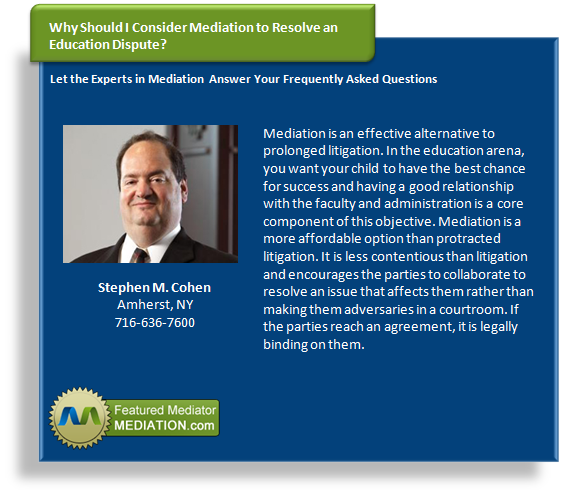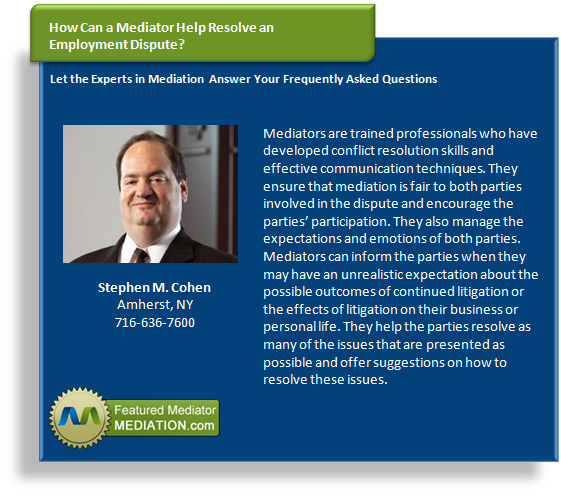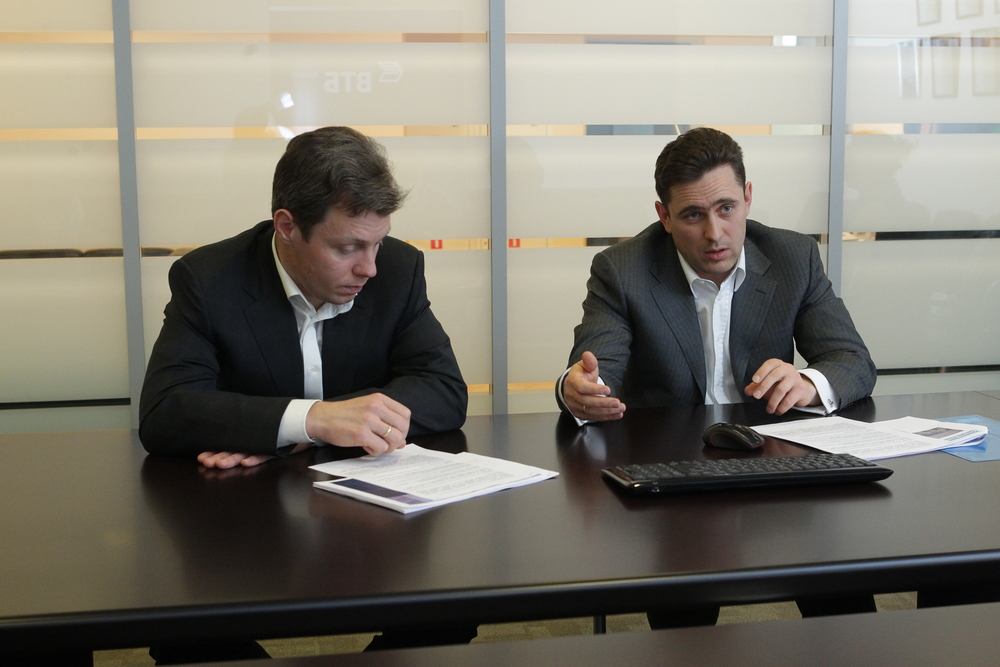 As a skilled Louisville, KY business mediator and former judge, Ann O’Malley Shake understands the role of the court system . . . and its limitations. After spending several years in private practice handling business and commercial real estate litigation matters, Ms. Shake was elected to the position of a district judge and was later appointed and elected to circuit court. She also served as a judge on the Kentucky Court of Appeals. During this time as a judge, she presided over multiple cases involving business disputes, employment disputes and other commercial matters. This extensive experience in judicial service gives Ms. Shake a unique perspective on the litigation process. While this process can sometimes provide a party with their desired outcome, more often it leads to the parties being pitted against each other when more effective ways to resolve the dispute were available.
As a skilled Louisville, KY business mediator and former judge, Ann O’Malley Shake understands the role of the court system . . . and its limitations. After spending several years in private practice handling business and commercial real estate litigation matters, Ms. Shake was elected to the position of a district judge and was later appointed and elected to circuit court. She also served as a judge on the Kentucky Court of Appeals. During this time as a judge, she presided over multiple cases involving business disputes, employment disputes and other commercial matters. This extensive experience in judicial service gives Ms. Shake a unique perspective on the litigation process. While this process can sometimes provide a party with their desired outcome, more often it leads to the parties being pitted against each other when more effective ways to resolve the dispute were available.
The mediation process lends itself perfectly to the business world by focusing on shared interests of the disputing parties, such as saving time and money. Through mediation, many parties can resolve their disputes in an amicable and cooperative fashion. Ms. Shake can discuss the benefits of mediation with you if you are interested in pursuing this alternative route to effectively resolve your dispute.
Avoiding the Drawbacks of Litigation
As a former judge, Ms. Shake knows that resolving legal disputes in the courtroom is often a messy and frustrating process. While it may be normal to think about a lawsuit when a legal issue arises, many parties fail to consider the significant drawbacks that litigation represents, such as:
- Cost – Litigation is very expensive. Between fees, court costs, discovery costs, expert witness fees and other litigation expenses, businesses may quickly find that litigation consumes a large portion of their operating budgets. Additionally, ongoing litigation can result in other financial losses, such as the loss of a sustained business relationship, loss of productivity and damage to the business’ reputation.
- Time – Litigation is often time-consuming. Lawyers may file various motions and multiple hearing or settlement conferences may be scheduled. It often takes longer than a year for a case to be heard in court. Meanwhile, the business dispute may continue to negatively affect the parties.
- Negative publicity – In most court cases, the courtroom is open to the public. This allows the media or other interested people to listen to the proceedings. Litigated cases are often negative publicity for businesses and may decrease their perceived value to investors.
- Adversarial – Litigation pits the parties against each other in an adversary proceeding. Former business partners or people who had a prolonged business relationship may now have to treat each other as enemies. There is naturally a “winner” and a “loser” in a litigated case. Litigation often disturbs a professional relationship and prevents the parties from preserving their formally amicable relationship.
Mediation helps you avoid these drawbacks and is an effective alternative to litigation.
The Mediation Process Explained
 The mediation process is much less formal than court proceedings. The parties and the mediator meet at a neutral setting, often in a conference room or office. The mediator explains her role as a neutral third party who is tasked with helping guide the parties toward the resolution of their claim. The mediator does not impose a decision or her judgment on the parties. Instead, she is there to help the parties improve their communication, consider the drawbacks of continued litigation and encourage the parties to reach a resolution that serves their mutual interests.
The mediation process is much less formal than court proceedings. The parties and the mediator meet at a neutral setting, often in a conference room or office. The mediator explains her role as a neutral third party who is tasked with helping guide the parties toward the resolution of their claim. The mediator does not impose a decision or her judgment on the parties. Instead, she is there to help the parties improve their communication, consider the drawbacks of continued litigation and encourage the parties to reach a resolution that serves their mutual interests.
The mediator explains the process of mediation at the beginning of the session. Each party is then allowed to give an opening statement about their position, how they believe the conflict emerged and what they hope to gain from the mediation process. The mediator may then divide the parties into different rooms while she flutters back and forth between the parties to share information and listen to them.
During these private meetings, experienced Louisville, KY business mediator Ann O’Malley Shake uncovers the interests of each party. These interests may be to preserve the business relationship, avoid negative effects on their business or personal reputation or to save time and money, among many others. She explains the potential outcome that may happen if the case is litigated and the parties do not retain control over the outcome. This helps the parties understand the full impact of litigation and whether that process will really protect their stated interests.
Mediators use conflict resolution skills to facilitate communication between the parties. Many business disputes arise because of misunderstandings. Ms. Shake will help to clarify these issues and help the parties communicate with each other in a respectful manner so that they can work together to solve the problem.
The mediator will also encourage the parties to brainstorm creative solutions. They may be in the same room and be encouraged to suggest various options to resolve the dispute. None of these options is immediately dismissed. Because the parties are not asking the court to impose a judgment on them, the parties have greater flexibility to craft their own customized solution.
If the parties reach an agreement, the mediator draws up a written statement regarding the terms of the agreement. This agreement serves as a contract between the parties. In some cases, the parties may ask the court to approve the agreement and incorporate it into a court order.
Types of Business Disputes that Can Be Resolved through Mediation
 Mediation is a voluntary process that can be used to resolve many different types of business disputes. As long as the parties agree to this process and it not otherwise outlawed, parties can mediate various business disputes, such as:
Mediation is a voluntary process that can be used to resolve many different types of business disputes. As long as the parties agree to this process and it not otherwise outlawed, parties can mediate various business disputes, such as:
- Breach of contract claims
- Real estate issues
- Premises liability claims
- Employment disputes
- Intellectual property disputes
- Small business disputes
- Family business disputes
- Shareholder disputes
- Director liability disputes
- Partnership disputes or dissolutions
- Commercial bankruptcy claims
This process has been used for years to help businesses resolve conflicts with other businesses, employees, customers, clients, vendors, business partners and others.
Benefits of Mediation
Mediation provides a path to resolution that offers a number of key benefits to the parties participating in the process. Some of the most important benefits of mediation include the following:
Addresses underlying issues
 Mediation is an effective option to help the parties resolve disputes by addressing the underlying issues. In litigated cases, the court is not often concerned with the feelings of the parties. However, heavy emotions may play a significant part in the cases. Family businesses may involve complex family dynamics and employment disputes may be more about feeling unappreciated than any substantiated legal claim. By focusing on the human element of the case, the parties are more likely to get to the root of the problem and resolve it.
Mediation is an effective option to help the parties resolve disputes by addressing the underlying issues. In litigated cases, the court is not often concerned with the feelings of the parties. However, heavy emotions may play a significant part in the cases. Family businesses may involve complex family dynamics and employment disputes may be more about feeling unappreciated than any substantiated legal claim. By focusing on the human element of the case, the parties are more likely to get to the root of the problem and resolve it.
In some cases, a simple apology or slight change in the workplace is all that is needed to effectively resolve a dispute. Mediation helps level the playing field between parties involved in a dispute and gives them each an equal opportunity to communicate and negotiate a satisfactory resolution of the case. By resolving the matter through mediation, the parties may realize significant benefits, including greater productivity, refined workplace procedures, increased employee morale and improved communication between various stakeholders of the business.
Reduced time and costs
Mediation is often much less expensive than litigation and the sooner you use this process, the more money you are able to save. Mediation costs can be split between the parties. Additionally, mediation can often help to quickly resolve a dispute, so if you hire a lawyer to represent you, there are often far fewer billable hours.
Using mediation can also help you resolve the problem more quickly, which prevents the parties from digging in on a certain position that prevents them from amicably resolving the dispute.
Subject matter expertise
One of the most significant benefits to mediation is the ability to select the mediator. You can choose someone like Ann O’Malley Shake who has extensive experience representing parties and residing over complex business disputes as your Louisville, KY business mediator. When you litigate a case, you are often assigned a random judge and jury who may not have any particular expertise with the subject matter of your dispute.
Preserves privacy
 Litigation is often a matter of public record. In contrast, mediation is a private process. You may be asked to sign a confidentiality agreement and anything that is discussed during mediation cannot later be repeated if you do not reach a settlement. This aspect of mediation is particularly important if you do not want business secrets revealed in open court or are concerned how the dispute could affect the public image of your business. Because the process is confidential, the parties are more likely to engage in open and honest communication, which can aid in resolving the dispute.
Litigation is often a matter of public record. In contrast, mediation is a private process. You may be asked to sign a confidentiality agreement and anything that is discussed during mediation cannot later be repeated if you do not reach a settlement. This aspect of mediation is particularly important if you do not want business secrets revealed in open court or are concerned how the dispute could affect the public image of your business. Because the process is confidential, the parties are more likely to engage in open and honest communication, which can aid in resolving the dispute.
More amicable
Litigation provokes hostilities and often results in a messy mud-slinging competition. In contrast, mediation is structured to maintain relationships and prevent problems in the future. It is forward-looking and relies on the parties working together to reach a mutually beneficial outcome. Through respect and cooperation, business owners are often able to preserve good, solid business relationships.
Greater flexibility
Mediation can often provide a win-win solution for both parties. There does not need to be a loser and a winner in mediation. By addressing the interests that are important to each party, both parties are able to walk away from the matter satisfied with the outcome.
While cases before courts may be limited to money damages or other narrow remedies, mediation provides greater flexibility. Mediation may help the parties negotiate a new contract, organize a partnership, create a new business line, dissolve a business or resolve a personnel dispute. Important nuances of each case can impact the outcome, as can the parties’ willingness to consider various options to amicably resolve the dispute. There is no limit to the ingenuity that parties can show during this process, which often allows them to craft customized agreements that really solve multiple terms of contention. Options that are not available in the courtroom can be explored during the mediation process.
Greater control over the outcome
Mediating parties retain control over the outcome of the case. In a litigated case, a judge or jury makes the final decision. This often leads to unpredictable outcomes. In mediated cases, the parties only agree to settle their dispute if they are satisfied with the terms. They also play an integral part in developing these terms, so they are able to craft the outcome to their liking. This makes the outcome more predictable and allows businesses to manage expenses and expectations.
Better outcomes
 In addition to more control over the outcome, parties who mediate their cases are often able to have better outcomes. The dispute can be resolved to the mutual satisfaction of both sides. People who use the mediation process often report feeling more satisfied with the outcome and are able to move forward in their relationship with the other party.
In addition to more control over the outcome, parties who mediate their cases are often able to have better outcomes. The dispute can be resolved to the mutual satisfaction of both sides. People who use the mediation process often report feeling more satisfied with the outcome and are able to move forward in their relationship with the other party.
Most mediations result in a settlement. The parties can leave with a signed agreement that they helped develop. Since both parties played an integral role in developing the agreement, they are more likely to adhere to it, so problems in the future can often be avoided. Additionally, the parties know that they can turn to mediation again in the future if a similar problem does arise.
Contact an Experienced Louisville, KY Business Mediator
As a business owner, you know how important it is to protect the interests of your business. A dispute can disrupt your business activities and damage its reputation. If you would like to schedule mediation with a knowledgeable Louisville, KY business mediator who is equipped to help you resolve your business dispute, call us at (502) 721-9900 or contact us online. We are happy to discuss the mediation process with you and how we can be of service.
Ann O’Malley Shake Mediation & Arbitration
www.annshakedisputeresolution.com





 Litigation is likely what most people think of when they consider business disputes. Unfortunately, it is usually the least amicable and efficient way to resolve a dispute.
Litigation is likely what most people think of when they consider business disputes. Unfortunately, it is usually the least amicable and efficient way to resolve a dispute.





